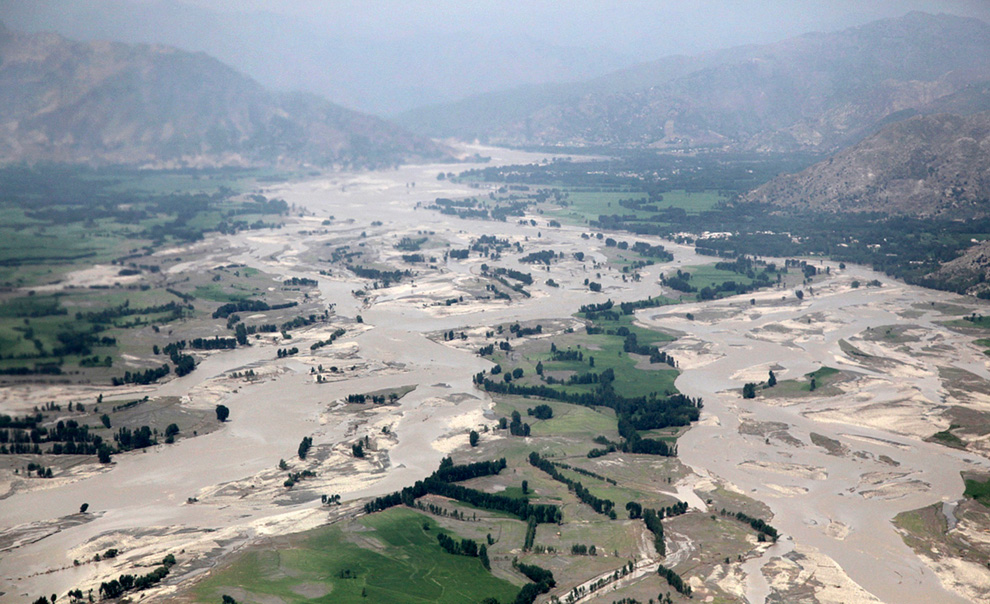In 2008, Dr. Paul Ridker, a physician-scientist from Harvard, published a study known as
JUPITER, which found that Crestor (rosuvastatin) is beneficial in the primary prevention of cardiovascular disease, as it reduced the risk of MI, CVA and death.
The trial studied males over 50 and women over 60 years of age. Both groups had LDL (bad) cholesterol <130, but they had to have one important risk factor: hs-CRP>2.
Dr. Ridker believes that there is an important inflammatory component to coronary heart disease and
pioneered the development of CRP, an inflammatory marker that is elevated in people at higher risk for cardiovascular disease. His theory was that this inflammation often precedes the hardening of the arteries, which is indirectly measured by cholesterol levels.
The JUPITER trial was gutsy, because it was going to test whether or not this theory actually holds. What if you took people with normal cholesterol levels, but elevated inflammatory markers (in the form of CRP) and treated them with a statin? Would that reduce the development of cardiovascular disease?
If so, it could be important proof that inflammation is a major driver of cardiovascular disease. A corollary would be that waiting to treat until the cholesterol levels are high, might be waiting too long and that intervention should take place when the inflammatory process has begun.
- Age (> 50 years in men; > 60 years in women), and
- An elevated high-sensitivity C-reactive protein level (> 2 mg/L), and
- Presence of at least one additional cardiovascular risk factor (e.g., high blood pressure, low HDL-C, smoking, or a family history of premature heart disease).
No other statin, such as Lipitor, has this permission. Besides low-dose aspirin in men, no other drug is currently approved for primary prevention of cardiovascular disease.
These papers have sparked a lot of controversy in the cardiovascular community, which is
well summarized by this article on theheart.org. What is interesting about the de Lorgeril paper is that it seems to personally attack Dr. Ridker and another physician, Dr. Rory Collins, which is unusual for someone to do in a scholarly paper.
I do think these papers make an important point, which is that previous statin trials have not demonstrated benefit in primary prevention of cardiovascular disease. Also, there was a slight increase in diabetes seen in patients on Crestor. Lastly, the JUPITER trial was stopped after less than 2 years, so we don't have real long-term data on how these patients will do. It may be that the benefit from Crestor is short-term and not durable.
It is also possible, however, that Crestor has unique properties that make it different from previous statins (it is far more potent than previous statins, for instance) and why it is able to show some benefit in this area. In addition, it is important to remember that JUPITER did not take anyone with low cholesterol into the trial, only patients with low cholesterol and high CRP levels. This kind of stratification hadn't really been done so explicitly in previous trials.
At the end of the day, everyone agrees that diet, exercise and smoking cessation should be the initial interventions in people hoping to reduce cardiovascular risk. Add in a baby aspirin if you are a high-risk male between 45 to 79 years old.
As far as my own practice, I may consider Crestor for primary prevention in patients who meet the FDA prescribing guidelines (age, hs-CRP>2 and one other risk factor), but I may limit treatment to 2 years (as there is no data for treating patients longer). In addition, I would counsel patients on the cost and side effect profile of Crestor and ensure they have already made therapeutic lifestyle changes.
Of course, everyone is different and your decision should be made in consultation with a physician who knows your personal and family medical history.



























